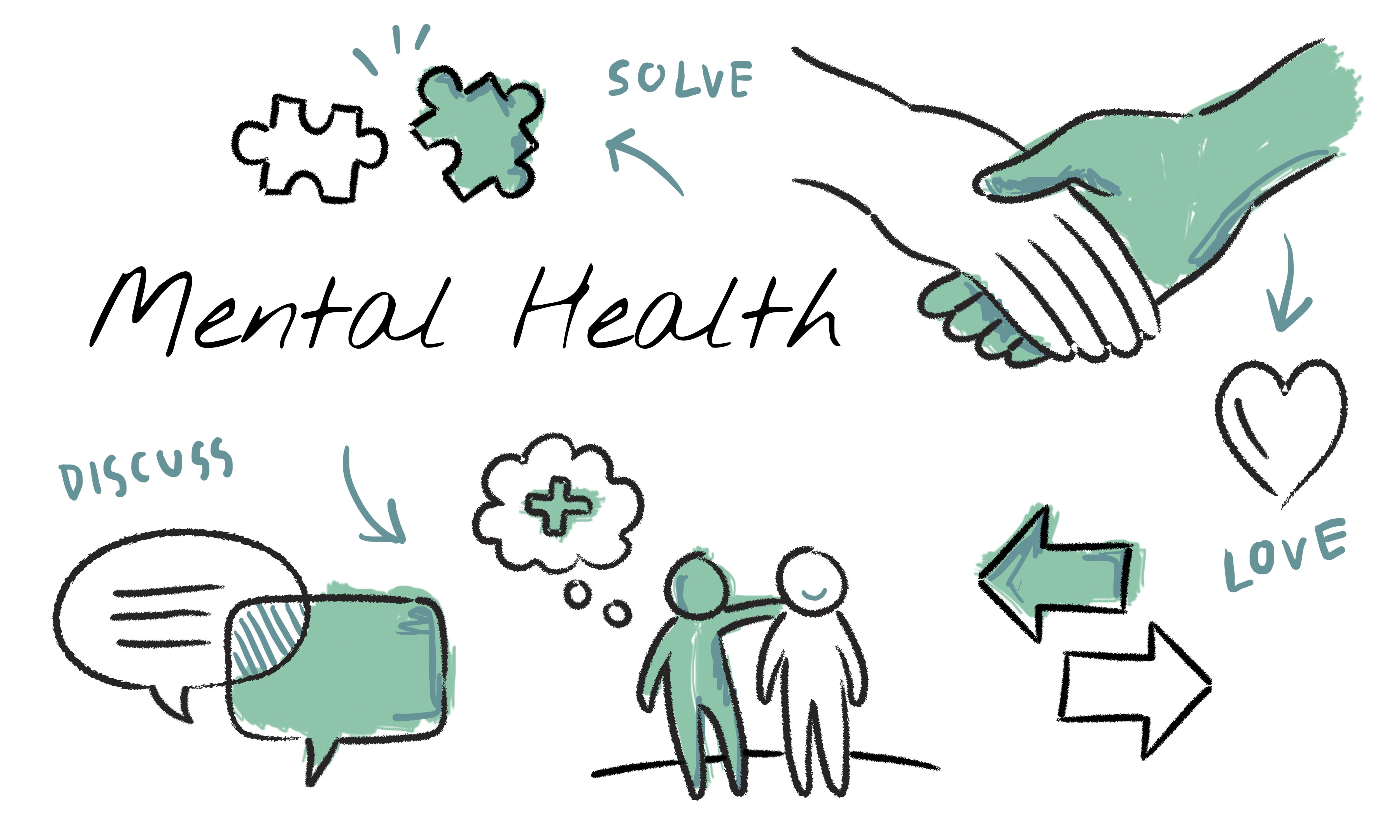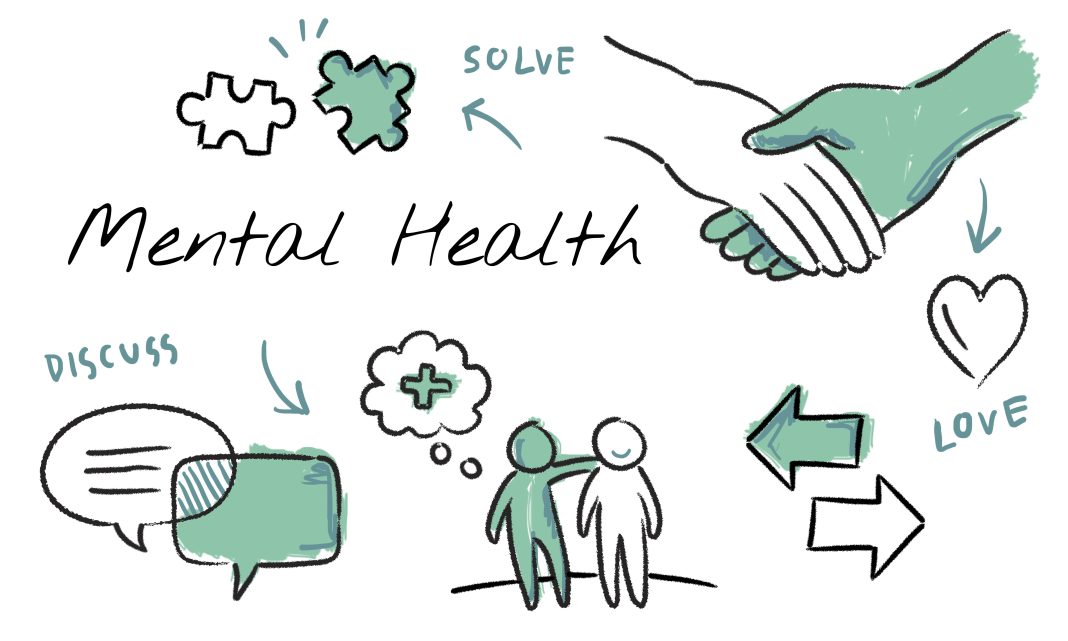 A new study reveals the shocking truth about the impact of social media on mental health. According to research conducted by the University of Pittsburgh School of Medicine, excessive use of social media platforms like Facebook, Instagram, and Snapchat can lead to feelings of loneliness and depression. The study, which involved analyzing the online behaviors of over 1,700 adults, found that those who spent more time on social media had higher levels of social isolation.
A new study reveals the shocking truth about the impact of social media on mental health. According to research conducted by the University of Pittsburgh School of Medicine, excessive use of social media platforms like Facebook, Instagram, and Snapchat can lead to feelings of loneliness and depression. The study, which involved analyzing the online behaviors of over 1,700 adults, found that those who spent more time on social media had higher levels of social isolation.
The findings of this study shed light on an issue that has become increasingly prevalent in today’s society. With the rise of social media, people are more connected than ever before, yet they are also more lonely. The constant comparison to others’ seemingly perfect lives and the pressure to maintain a certain image online can take a toll on mental well-being.
Experts believe that the negative effects of social media on mental health can be attributed to several factors. Firstly, the curated nature of social media feeds can create a distorted perception of reality. People tend to only share the highlights of their lives, presenting a skewed version of what their life is really like. This can lead to feelings of inadequacy and a sense of not measuring up to others.
Additionally, the constant scrolling through social media feeds can be addictive and time-consuming. This can lead to a neglect of real-life relationships and activities, further exacerbating feelings of loneliness and isolation. The need for constant validation through likes and comments can also contribute to a sense of insecurity and low self-esteem.
Furthermore, the study found that the negative effects of social media on mental health were more pronounced in those who reported higher levels of depression and anxiety. This suggests a bidirectional relationship, where excessive social media use can worsen existing mental health issues, while poor mental health can also lead to increased reliance on social media as a coping mechanism.
So, what can be done to mitigate the negative impact of social media on mental health? Experts suggest setting boundaries and limiting the amount of time spent on social media platforms. Taking breaks from social media and engaging in offline activities can help to restore a sense of balance and perspective. It is also important to be mindful of the content consumed on social media and to unfollow accounts that trigger negative emotions.
In conclusion, the study highlights the detrimental effects of excessive social media use on mental health. It serves as a reminder to be mindful of our online behaviors and to prioritize real-life connections and activities. By taking steps to limit social media use and cultivate a healthy relationship with technology, we can protect our mental well-being in the digital age.


